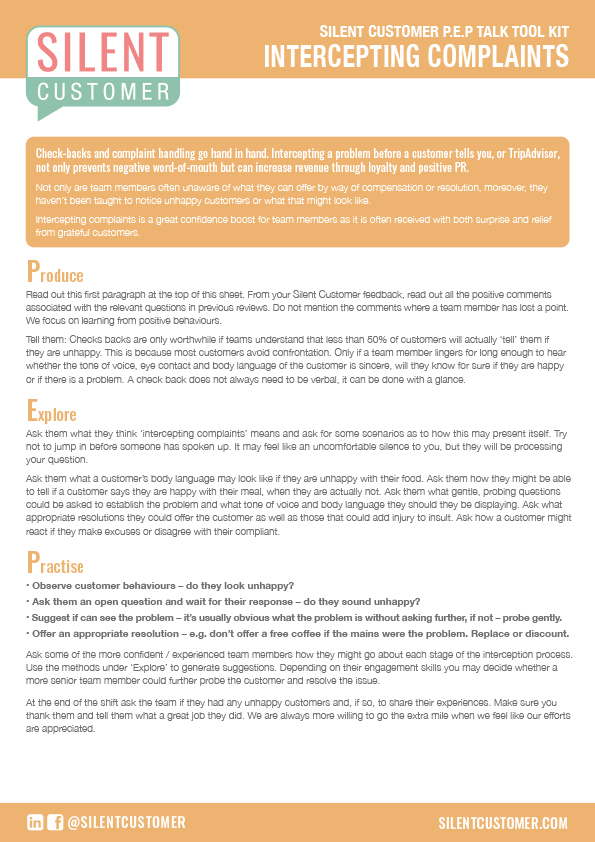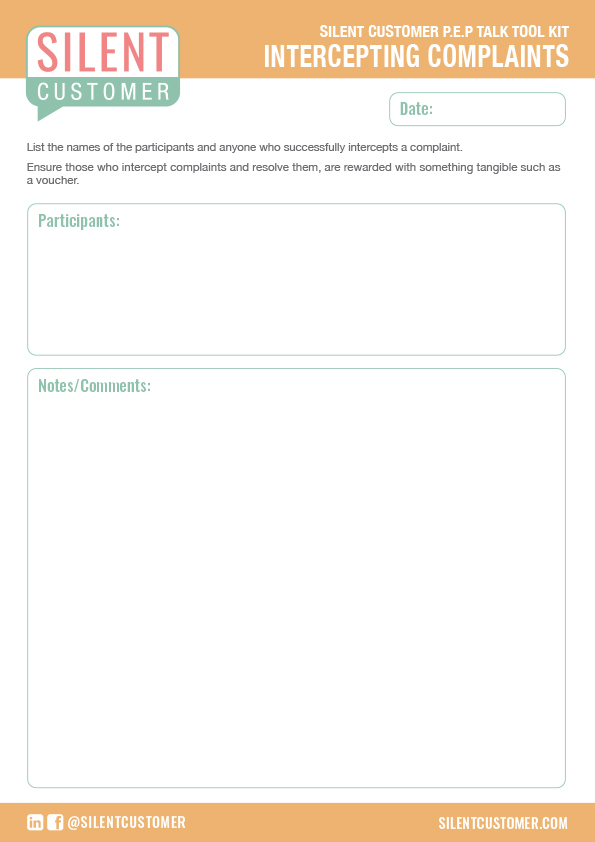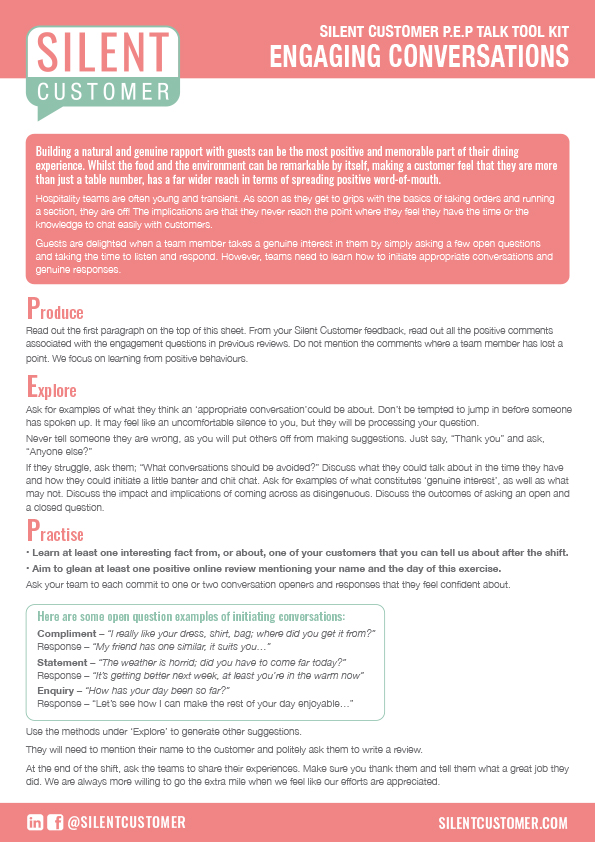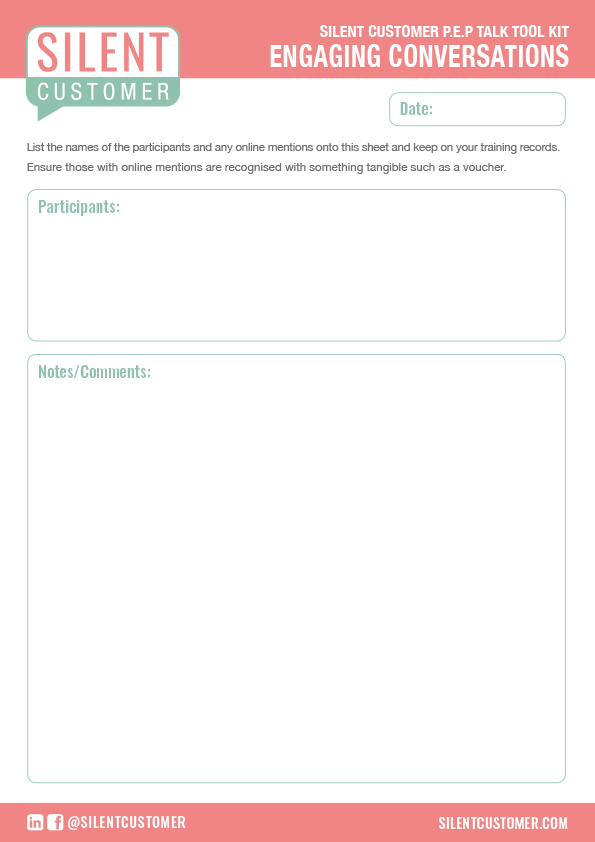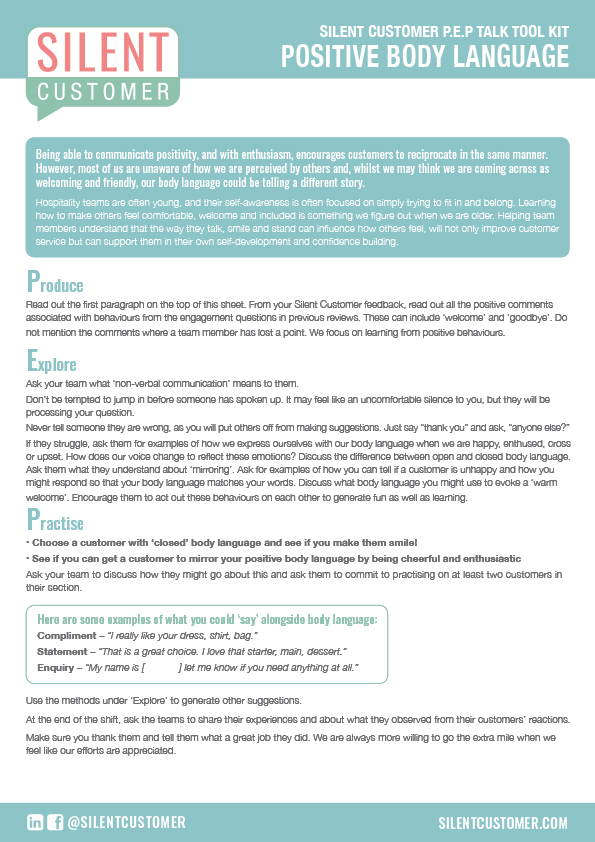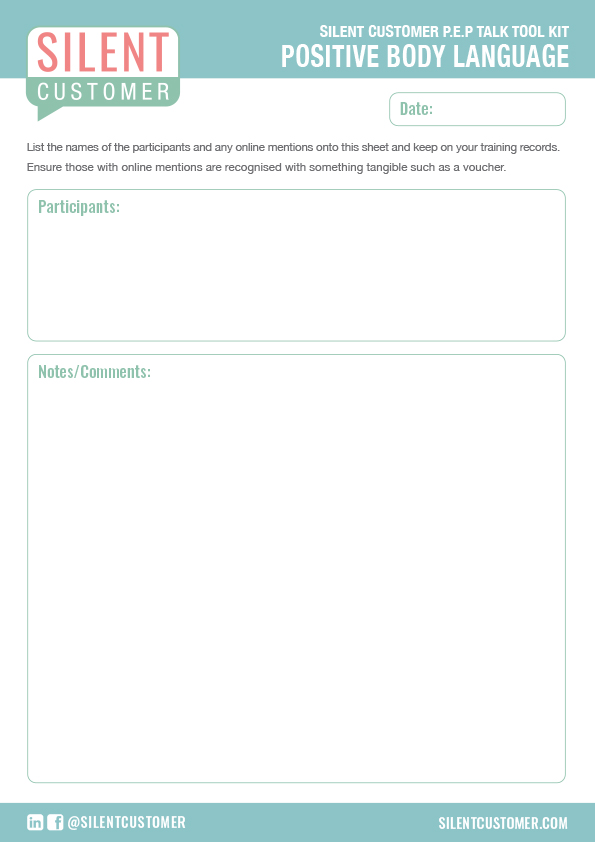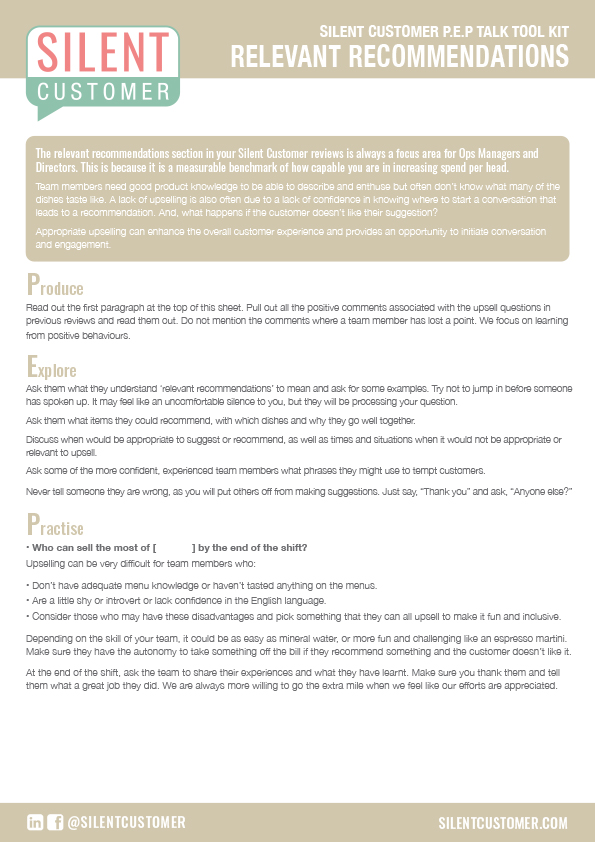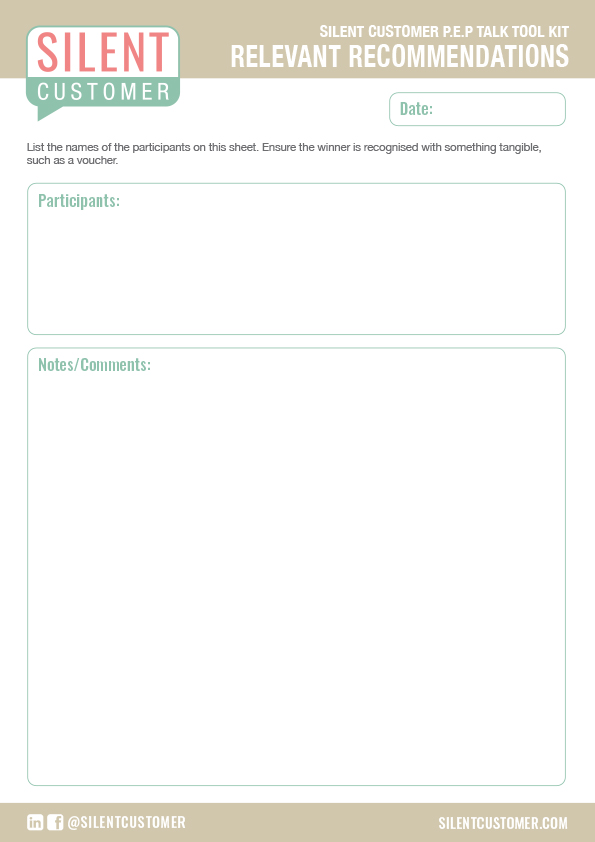NPS is a metric used to measure customer loyalty and satisfaction towards a brand or business.
The score is based on a simple question: “On a scale of 0 to 10, how likely are you to recommend our company/product/service to a friend or colleague?”
Customers who respond with a score of 9 or 10 are considered promoters, while those who give a score of 0 to 6 are detractors.
% of promotors – % of detractors = NPS score
A higher NPS score indicates greater customer satisfaction and loyalty.
Many people think an NPS score is a percentage, so it can look alarmingly low. In hospitality, the average NPL score is 50, although takeaways can be much lower at 30.

How to make NPS scores valuable for mystery guest feedback
You need a fair amount of people scoring you so it doesn’t look skew-whiff. For example, if you use the NPS question on your mystery guest surveys and you run a small group of four pubs on monthly visits, you would only have four scores.
Using this calculation, the score can be either extremely high or extremely low, which wouldn’t give you a true reflection of where you sit in the exciting world of averageness. NPS works well if you ask as many of your customers as you can to score you. We do this by adding this question to QR codes on bills, takeaway boxes and follow-up booking emails via our customer online reputation and engagement reputation platform.
Contact us to find out more info@thesilentcustomer.com

